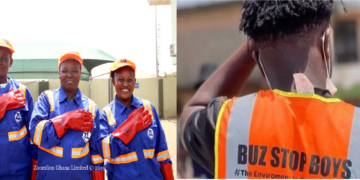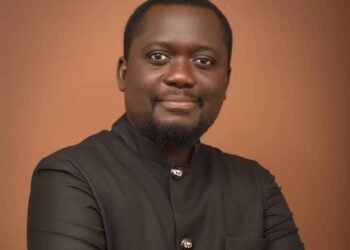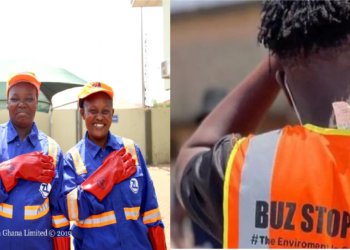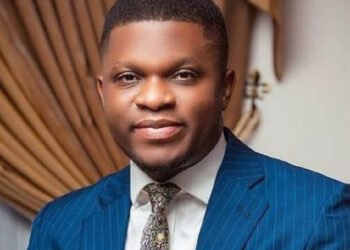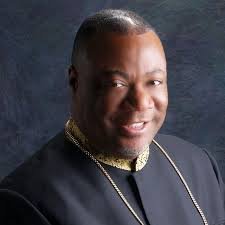Government last week successfully achieved two major milestones to inject significant capital into the economy ahead of a crunch meeting with the International Monetary Fund (IMF) tomorrow.
A team from the IMF is scheduled to begin the anticipated bailout talks with government on Tuesday following the oversubscription of Ghana’s third Eurobond auction and the Cocobod syndicated loan, which bring a combined value of almost US$3billion into the economy.
Professor Kwesi Botchway, Chairman of the National Development Planning Commission, has been nominated by President John Mahama to lead government’s discussion, which follows a period that many analysts and economists have described as the best week over the last decade.
On Thursday, government’s attempt to raise US$1billion from the international capital market was oversubscribed with orders of up to US$3billion while Cocobod signed a US$1.7billion trade finance deal — which was oversubscribed by 15 percent — with a consortium of domestic and international banks for the purchase of cocoa in the 2014/2015 crop season.
The Eurobond, due in January 2026, was sold at a coupon rate of 8.125 percent — which was lower than analysts had expected given the fiscal difficulties faced by the economy — which is expected to boost the country’s position as it engages officials of the IMF this week.
The timing of the bond is the subject of intense interest, given the imminent IMF talks.
The Finance Minister Seth Tekper, at the end of pricing in New York, expressed his satisfaction with the bond issue and the processes that led to its success, saying: “Investors saw fundamental long-term value in the Ghanaian economy. We have always emphasised that the mid-term prospects for Ghana were bright, and with the coming on board of the IMF we hope to come out of our short-term challenges pretty soon”.
Mr. Terkper further explained that US$750-million of the Eurobond money will be used for capital expenditures, refinancing and counterpart funding requirements; while an additional amount of about US$250million will provide seed capital for the Ghana Infrastructure Investment Fund that is scheduled for launch in January 2015.
“We want to assure our investors that we are committed to the IMF programme and we appreciate their vote of confidence in our economic management measures,” he added.
The IMF has a history of delivering such benefits — but always at very great cost. It is this cost that must now be negotiated following the President’s directive for his advisors “to open discussions with the IMF and other development partners in support of our programme for stabilisation and growth”.
Source: myjoyonline



